We’re excited to introduce you to the always interesting and insightful Erika Wade. We hope you’ll enjoy our conversation with Erika below.
Erika, thanks for taking the time to share your stories with us today. Are you happy as a creative professional? Do you sometimes wonder what it would be like to work for someone else?
What if it isn’t worth it?
The dreaded what ifs creep into our minds, slowly chewing away at I cans and even worse–I did. They come when we experience failure, but they also come when success seems too good to be true. Choosing to pursue the journey of being a full-time creative is a gamble, but is that gamble worth it?
If you’re asking yourself this question, it probably is. Still, we all have moments–sometimes multiple–that make us question whether we’re choosing the right career path and whether people actually want and need the expressions of our creative minds in their lives.
I think I’ve always had the dreaded what ifs in the back of my mind, but it wasn’t until I chose to leave my “survival job” and pursue running a creative company and self-employment that I really had doubts. I’d always been told I was smart and could do anything I set my mind to when I was growing up. And to a degree, I have. I’ve been a writer and content creator long before we began to accept the latter title as an actual job description. I’ve found my work in places I’ve never dreamed of–from Off Broadway to the hands of executives at Hollywood studios. Still, I have doubts.
The first month as a full-time creative I was completely confident in the choice. I had so much free time to create and to network with dream collaborators I never had the time or energy to pitch to before. I was well-rested, had a functional self-care routine, and saw my family more than ever.
It wasn’t until midway through my second month without a safety job that I realized as beautiful as time is, it can also be an incredible burden if not managed well. The same toxic working conditions that drained me in a 9-5 started creeping into my creative work life as well. I overbooked, mismanaged myself, and overestimated my abilities to deliver projects. Ultimately, I was completely burnt out less than 5 months into entrepreneurship. The only difference was there were no excuses for missed milestones or incomplete projects that littered my desk anymore. If I didn’t get the work done, I didn’t eat. Soon, I wanted to give up and go back to working for other people with my creative endeavors as a side hustle. I believed I could not maintain a reasonably sustainable lifestyle on my own. I believed in the what ifs.
What changed my mind? Time, evidence of success, and the fire that always sat beneath the surface consistently burning away at the thoughts of what if and I can’t. I cannot say it is easy. I can’t even say finding your way back to self-determination and the path of passion is a one-time thing. I can say no matter what you do and how bad you believe you’re down, there is no worse feeling than giving up on a dream just because it’s hard. Life is hard in general. If you know there will be an obstacle no matter the road, why not choose the one your soul burns a torch for?
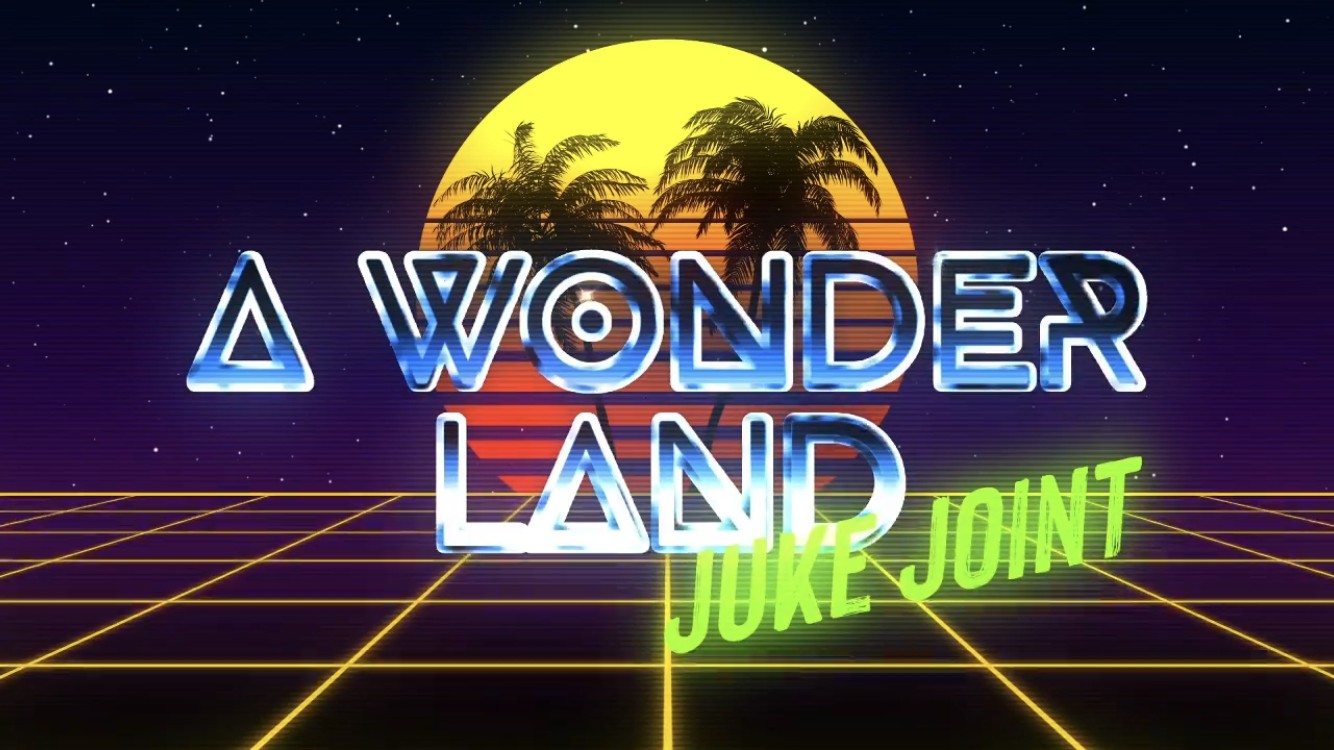
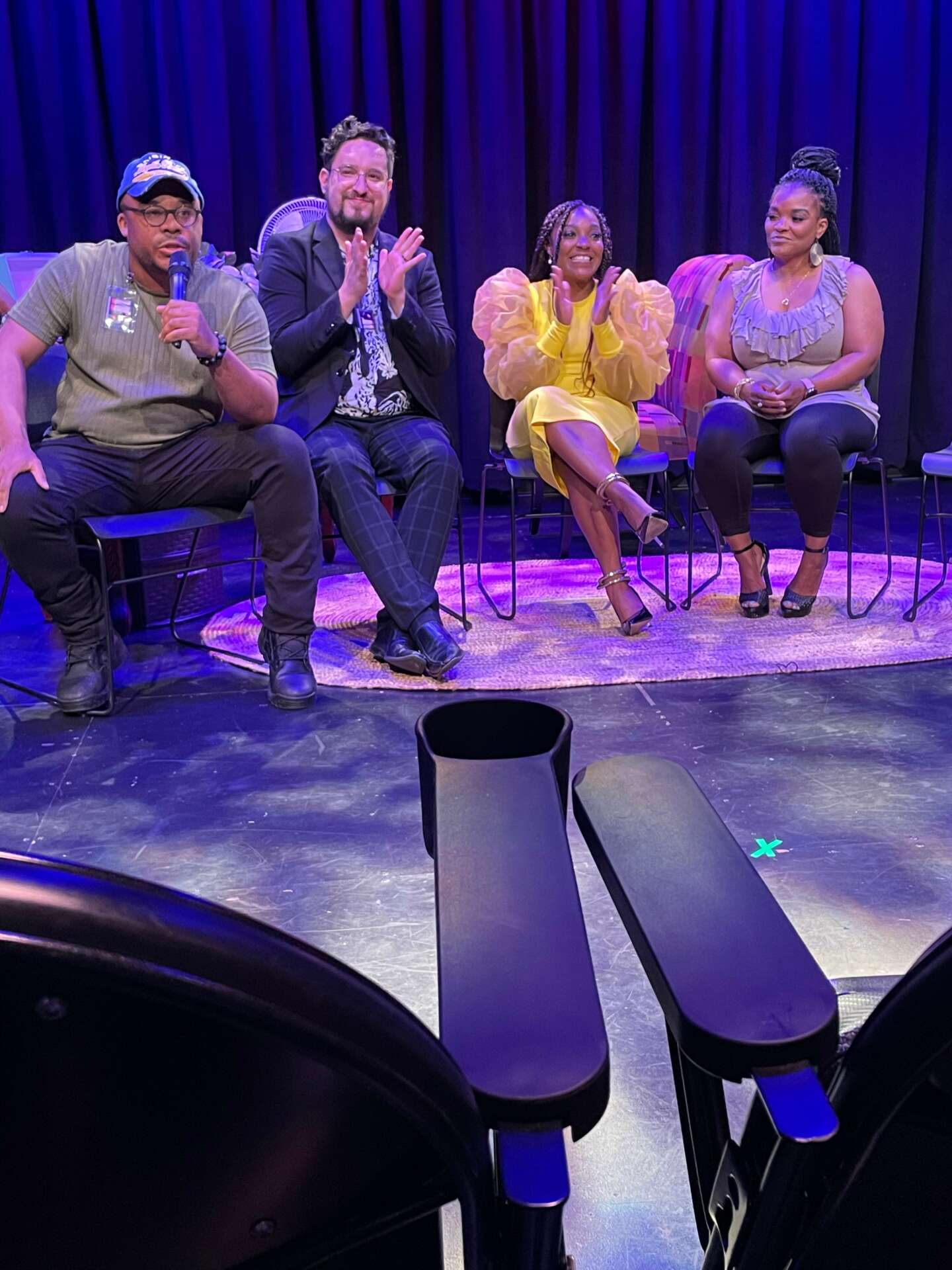
Erika, before we move on to more of these sorts of questions, can you take some time to bring our readers up to speed on you and what you do?
I am a writer, content creator/producer and the founder and creative lead of Glenda’s Baby Productions. I wear many hats. Beginning my writing career as a Spoken Word Artist, I wrote and published my first body of work as a poet in 2010. Since then, my work has transformed into more of what we call dramatic writing, or content meant to be performed for an audience. I have received notoriety as a playwright and a writer for the screen. My most notable work so far, The Rhythm/Da Blues, is a one-woman show that professionally premiered Off-Off Broadway in New York City. Since then, I’ve pitched to network studios, worked as a mental health advocate with companies across the world, and developed award winning diverse and inclusive content using innovative technologies and multimedia platforms.
The truth of it is, I was making content kind of aimlessly on my own. I knew I didn’t want to take the traditional route to working in the entertainment industry. I wanted to absorb and learn all I could from professional rooms, but ultimately, I’ve never been a staffed writer or worked in an assistant role. I’ve always just created and produced content that caught the eye of collaborators and distributors who could help me gain more of an audience. However, there came a time in even that journey where I wanted to learn more about producing myself. I wanted to be in a position in the room where I could make real changes to diversity and inclusivity for others. That is where Glenda’s Baby came from.
I found–or rather stumbled upon–an audience and a team that was committed to the same ideas that I was. It then occurred to me that those ideals and standards–connecting with audiences traditionally unseen in popular media, creating more learning experiences for disenfranchised talent to gain entry into the entertainment industry, and most importantly, building a tribe of creatives that fueled off each other and created brilliant content–were scaleable ideas. They were strong enough to build a company on and to produce revenue, no matter how hard the journey.
Glenda’s Baby Productions, is a content house specializing in helping talent and creatives early on in their careers find their voices and audiences. Our services include consultations (from idea stage to draft and pre-production); workshops; company community building; full productions of scripted content for commercial, stage, screen, and digital markets; and contracted media and content creation. We also sell a little merchandise and content streaming on our site.
Besides the obvious and almost heartbreakingly disproportionate connection of funders to Black and woman owned businesses, it’s also really hard to grow without resources. Most small businesses are underfunded, but finding financial opportunities as a Black woman from the South, I’ve faced a lot more closed doors than most. I hire responsibly and from underrepresented communities. The VP of my company is a Colombian immigrant. We hire single mothers, people who couldn’t afford to go to art school, and we keep production in communities that need it most. Those are seen as liabilities to some, but to me, it’s the core of why I wanted to start my company. I’ve had a long and mostly successful career, but have often had people tell me my content was “too Black,” “too queer,” “too radical” and “too Southern.” There isn’t a one-size-fits all way to creating content because our audiences come from all walks of life. If I’m remembered for anything, I’d like to be remembered for making spaces for everyone to stand in.
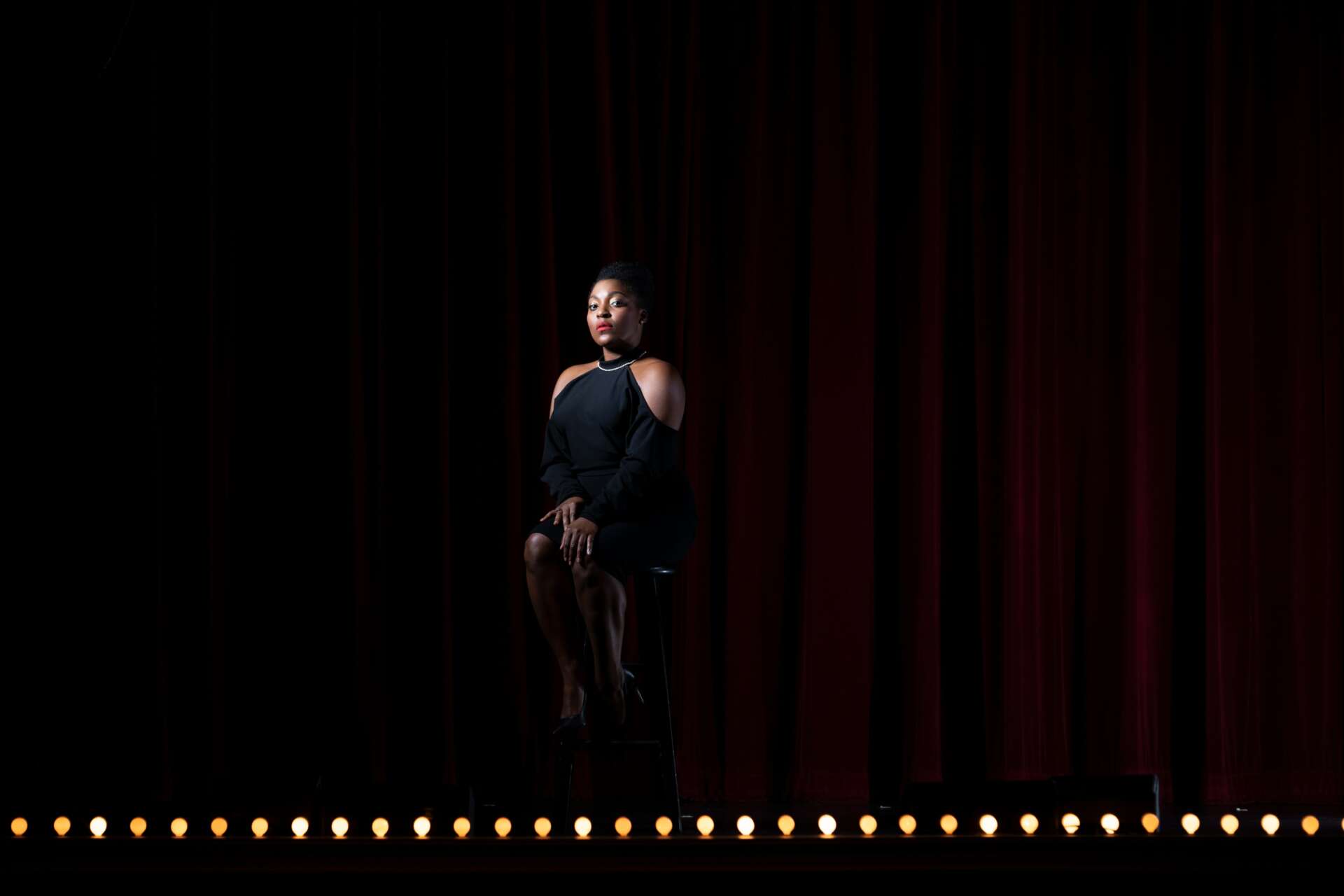
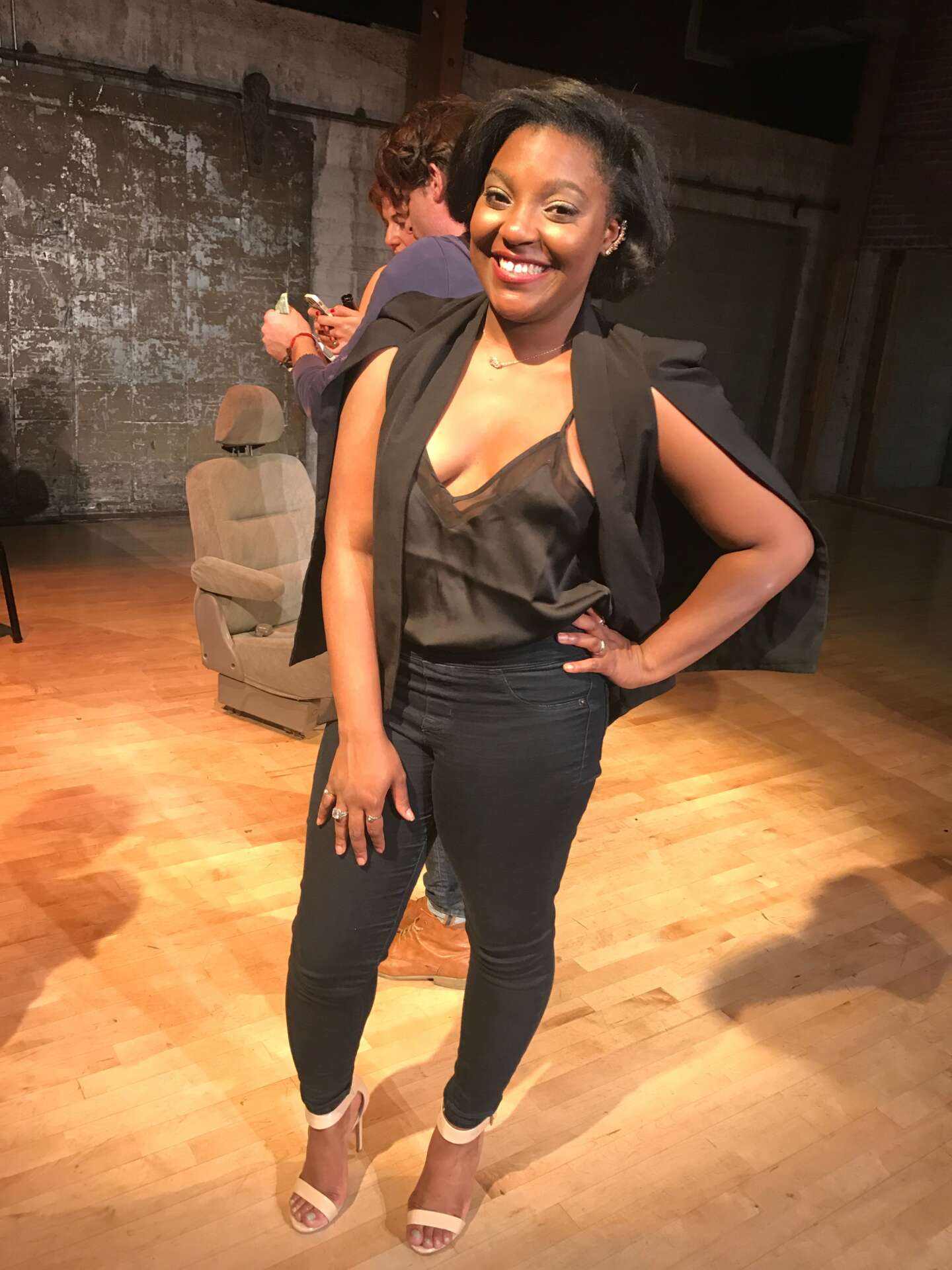
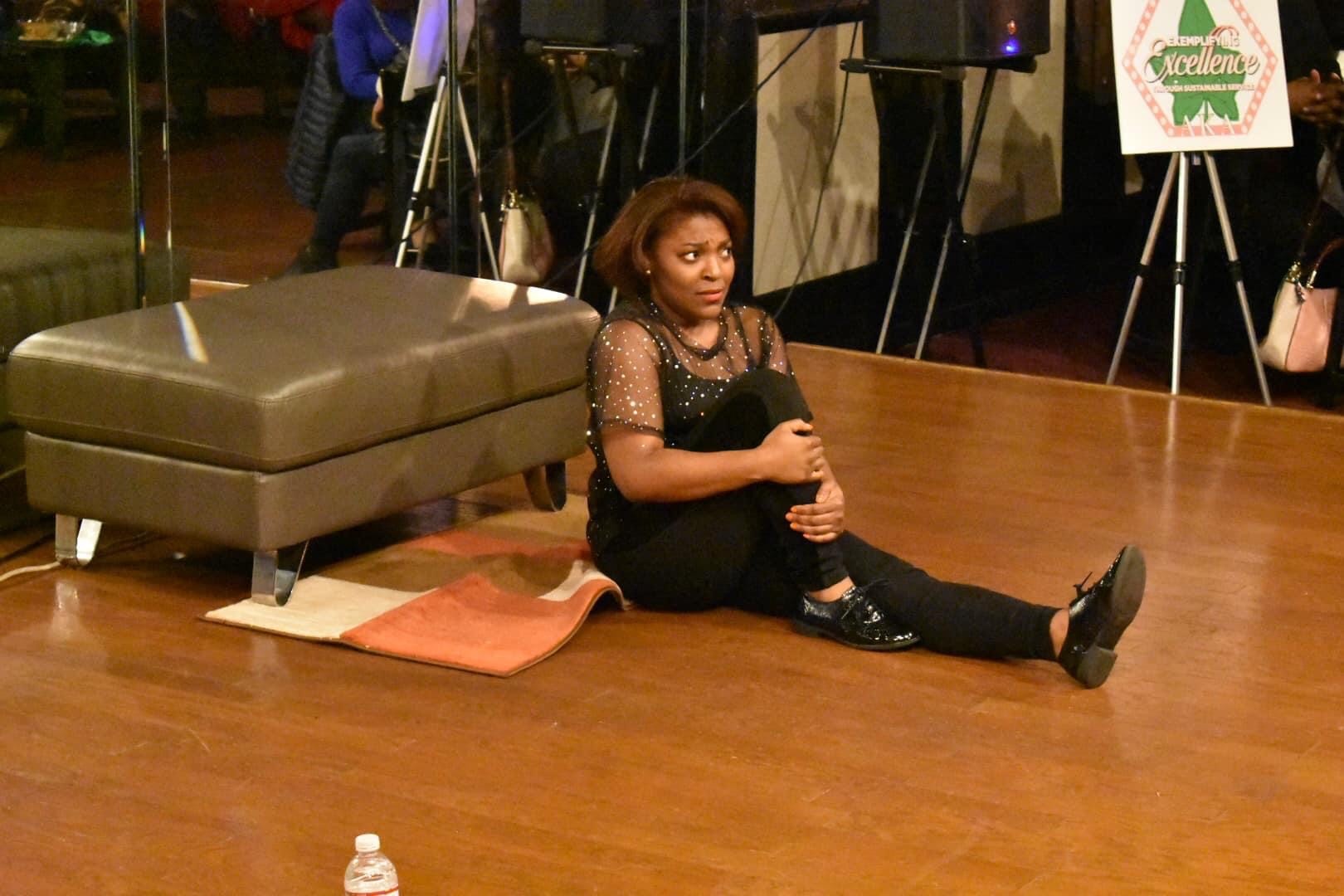
How can we best help foster a strong, supportive environment for artists and creatives?
Society can better support artists and creatives by recognizing there is value in their work, and the time it takes to create it. Supporting your friends once they’ve mainstreamed is a little too late. Most creatives suffer from lack of support and encouragement to continue climbing. Supporting and understanding creatives does not just have to be monetary. Most people who work in the arts simply need a little empowerment and for our friends and families to realize creative careers are not hobbies or ways to opt out of traditional workforces. Many of us hold down multiple jobs at a time to make ends meet. We’re not lazy, and the work sure ain’t easy. To create a thriving ecosystem for all people, we have to change the way we think of value. Just because our work is entertaining and artistic does not mean we don’t pay our dues. Art enriches our world. It shapes our thoughts and opens our eyes to new ways to think. We are the mouthpieces for our generation. We record the thoughts and feelings of our audiences in works that will be seen well beyond our lifetimes if we’re lucky. If we change the way we value work to not always reflect capital or status, there is more room to support careers that aren’t easily understood.
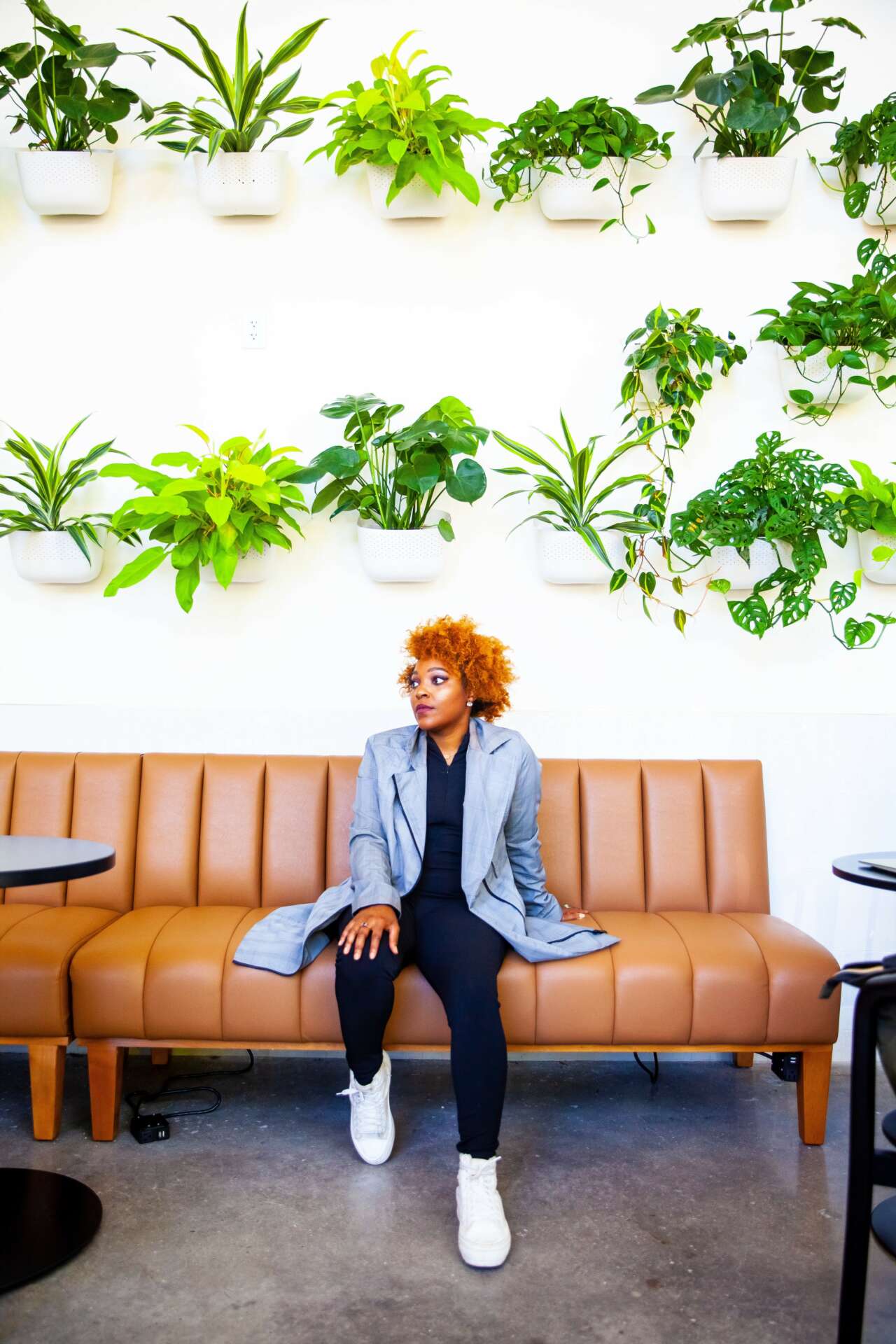
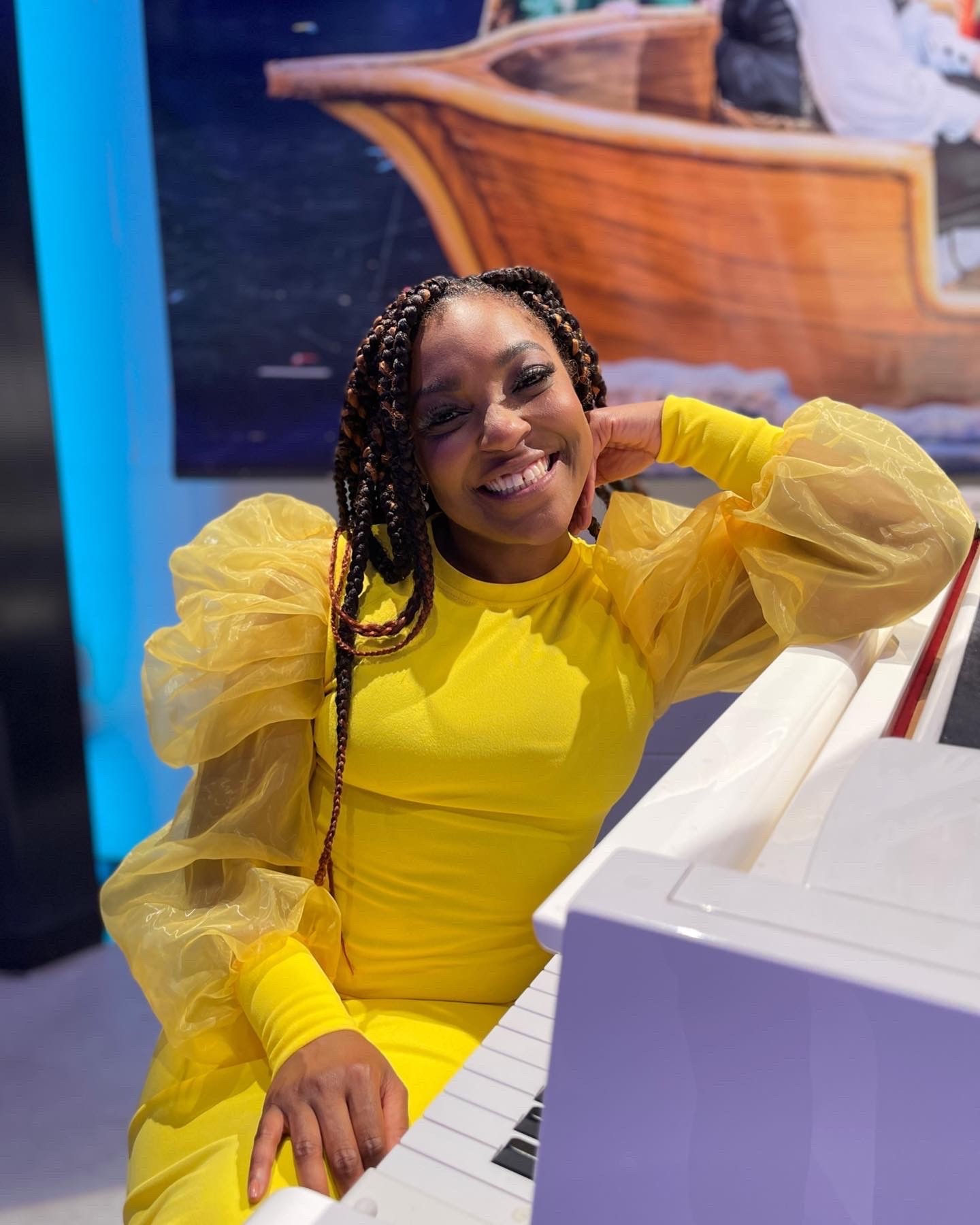
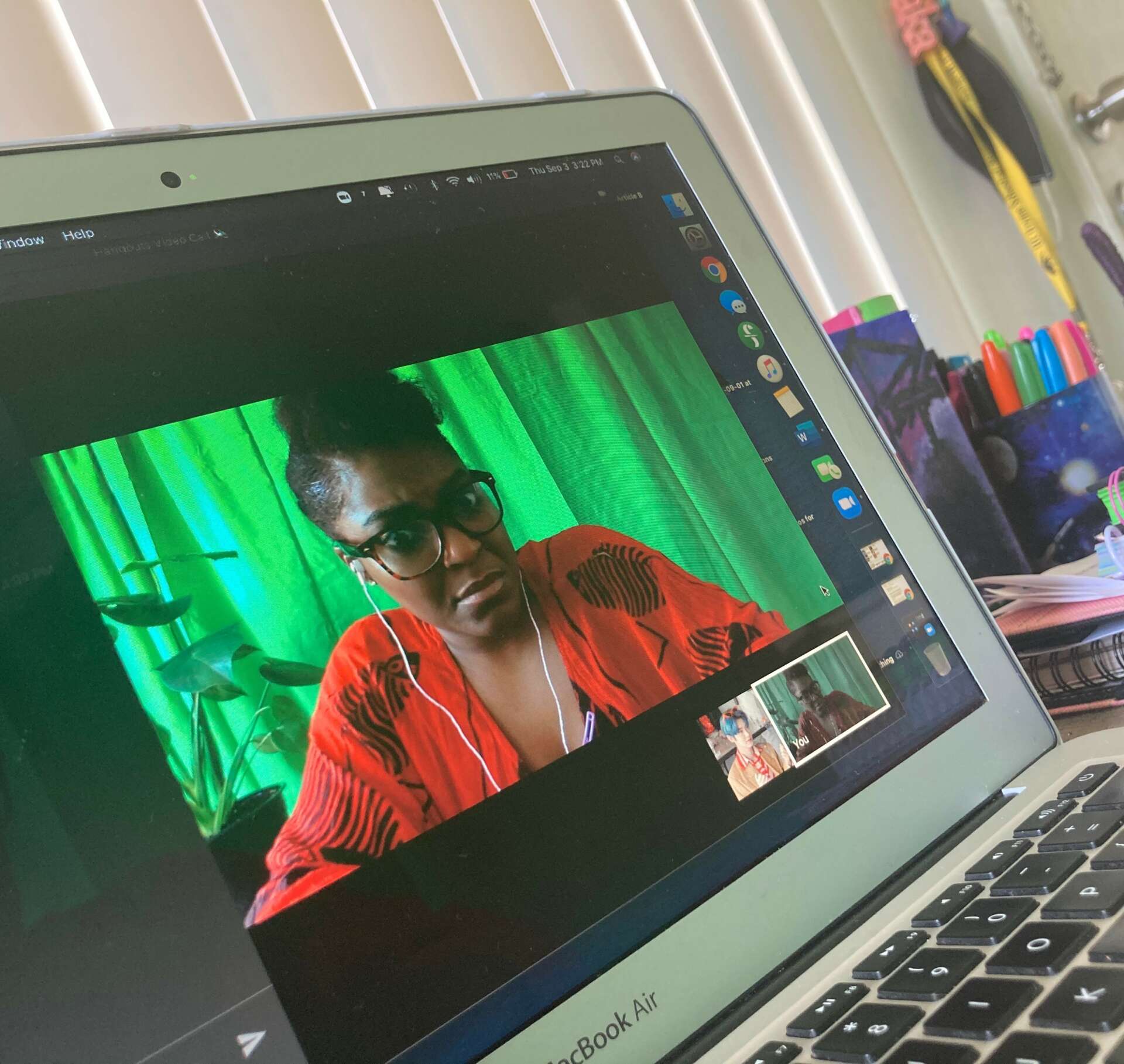
Looking back, are there any resources you wish you knew about earlier in your creative journey?
Like most people, I wish I’d learned more financial literacy and business management in the beginning stages of my career. Knowing the ins and outs of your craft also includes knowing how the business of it runs. I learned how to write from intuition and early interest. I learned how to be a successful writer in grad school from gaining more knowledge in production and financing. Making content is expensive. Even if you’re recording videos on your phone, you still have to have the time to dedicate to understanding the metrics of content distribution, audience interaction, and how to turn creativity into capital. A lot of artists think of the business side of their industries as boring, or even worse, that being involved in the money making aspects of their crafts is selling out. That’s the quickest way to being broke and burnt out. You have to know as much as you can about your hustle. I’m not saying everyone should be a producer, but at least know the details of deal making and negotiating before you seek value for your content. Knowledge is always the best resource. It’s true power.
Contact Info:
- Website: www.glendasbaby.com
- Instagram: erika__glendasbaby
- Facebook: Erika E. Wade/E.E. Wade/Glenda’s Baby Productions/
- Linkedin: EE Wade
Image Credits
Reginald Allen


